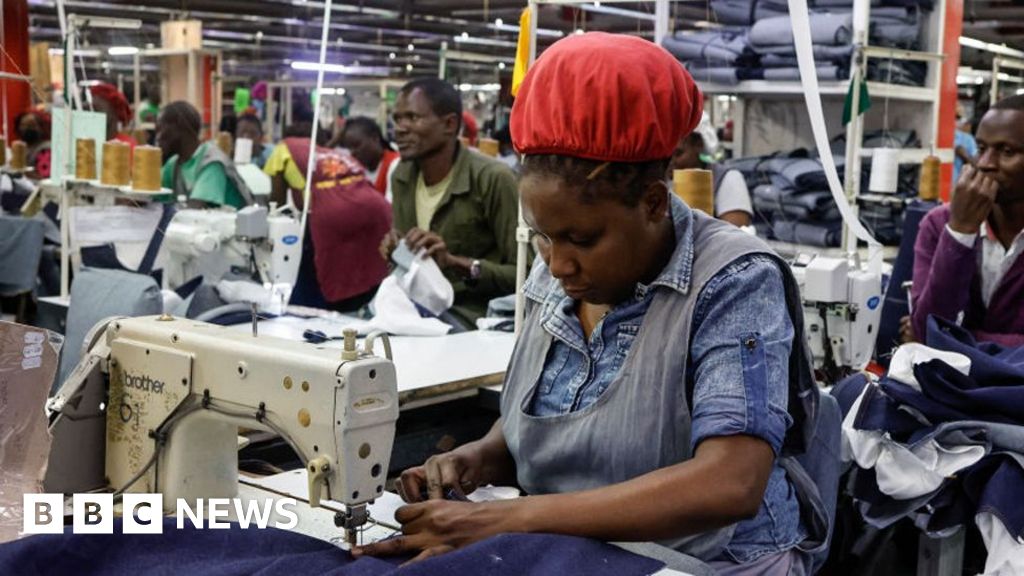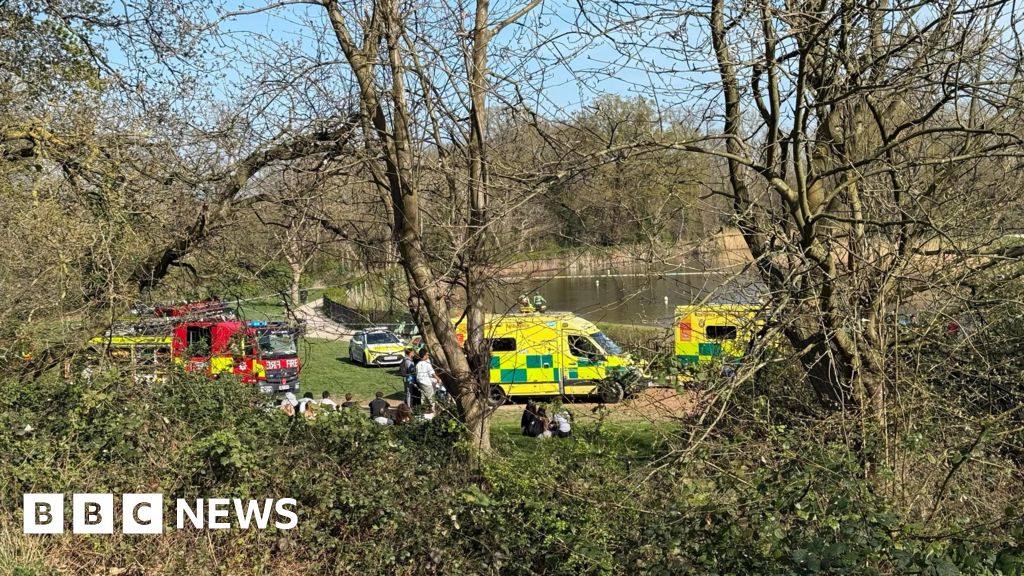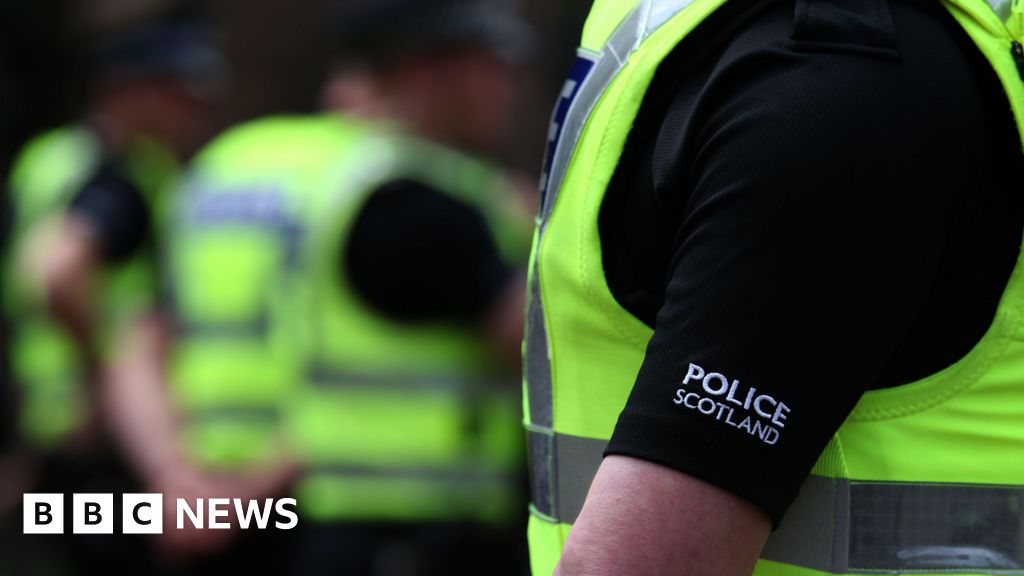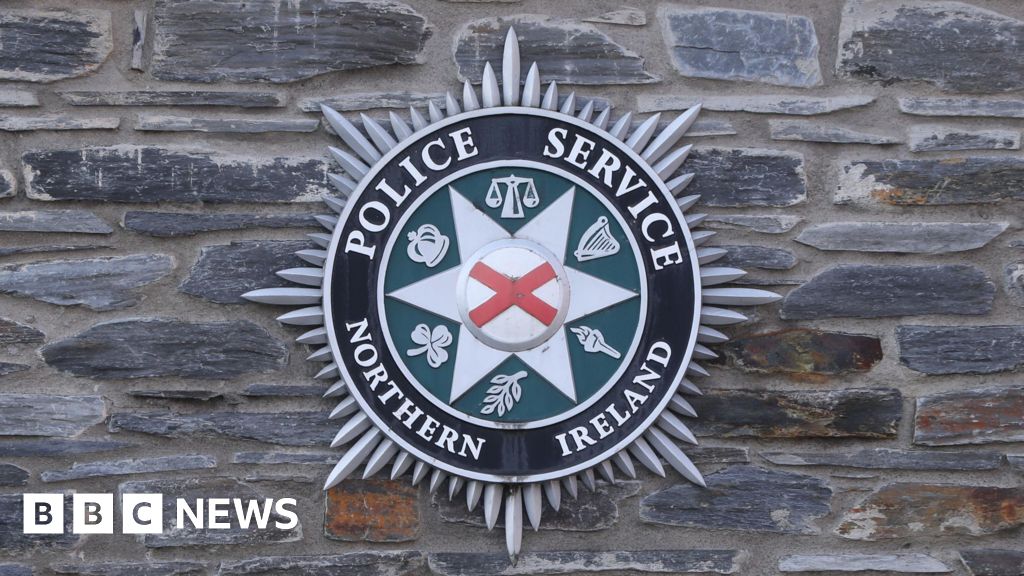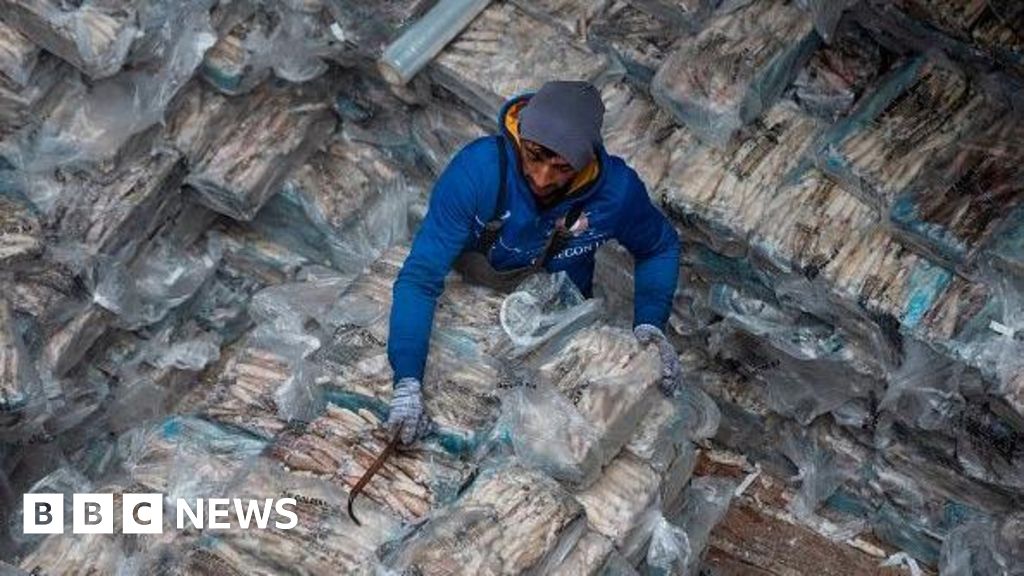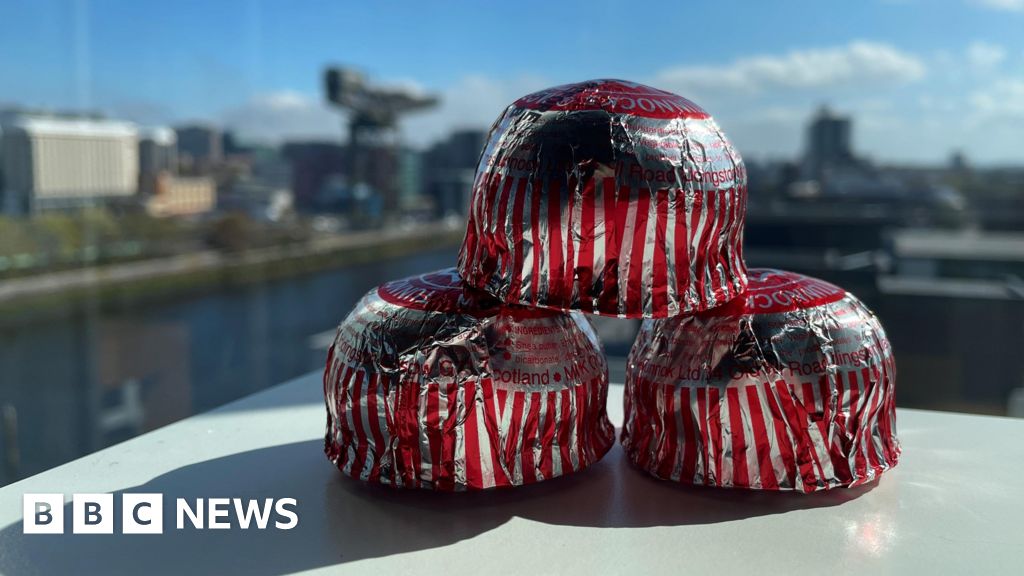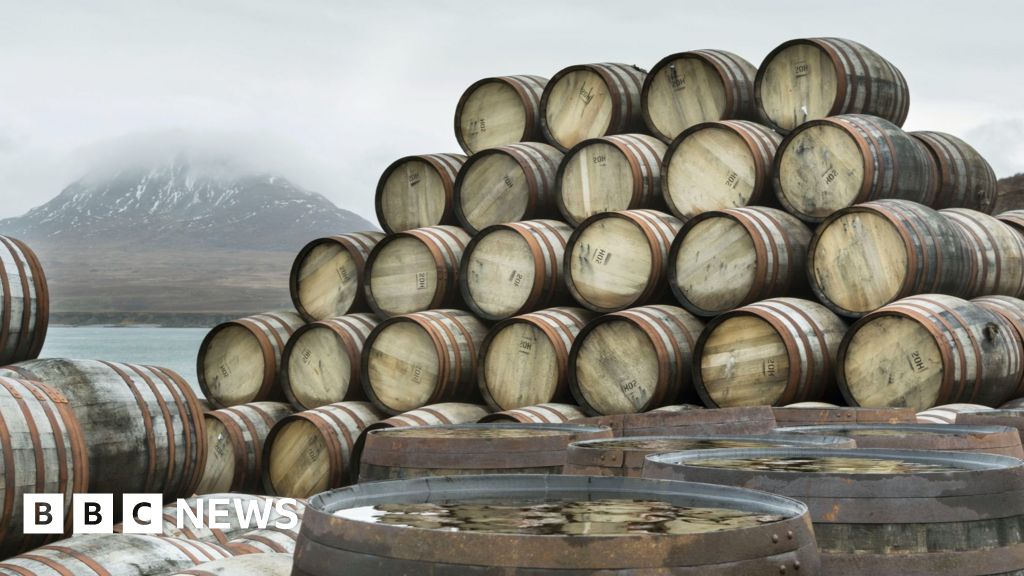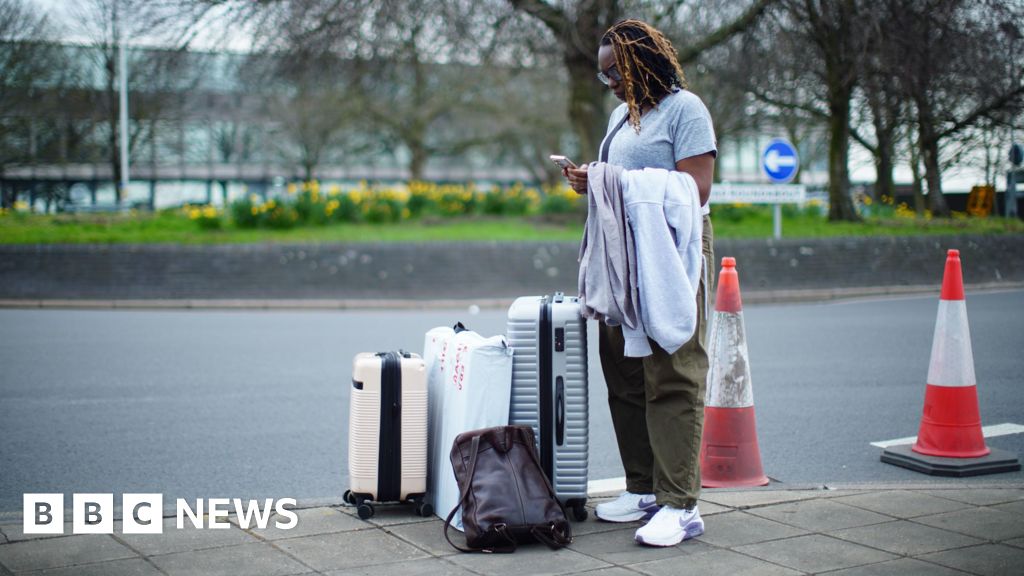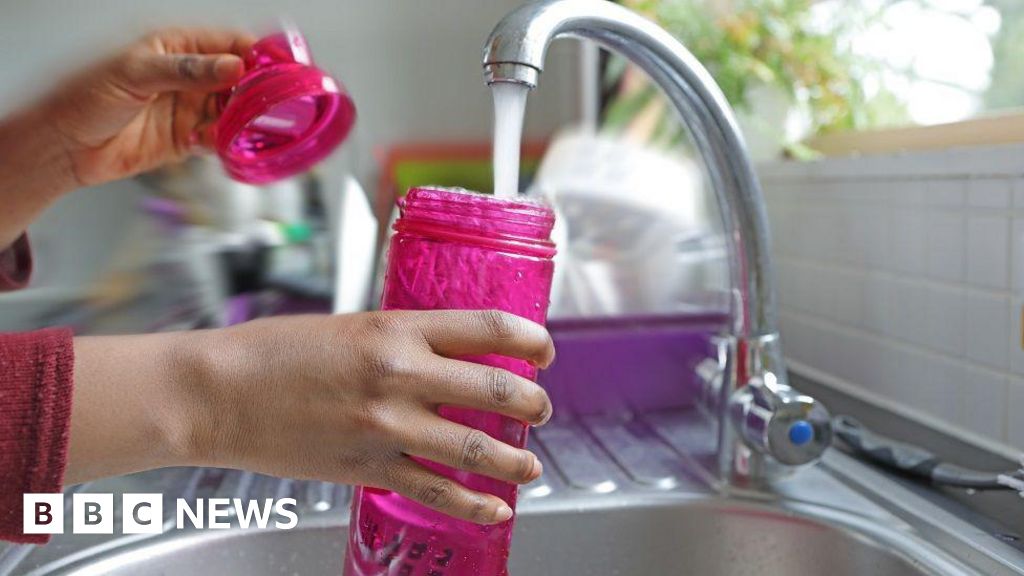More than 600 households in a Surrey village have been warned not to drink tap water after tests carried out by Thames Water.
The water company said it was issuing the advice as a precautionary measure for properties in Bramley, where there has been concerns over several months about a fuel leak from a petrol station.
The warning follows test results which “indicate a possible deterioration in quality in some areas”, the utility said.
Customers are being advised to avoid using tap water to brush teeth or prepare food, even after boiling.
Tap water can be used to wash or flush the toilet, it said.
Water supply in the village “has been safe to drink up to this point”.
Bottle banks have been set up outside Bramley library and at Artington Park-and-Ride on Friday morning.
The alert comes after a fuel leak from the village petrol station, which is believed to date back several years.
The Environment Agency said earlier this year it was continuing to investigate an “ongoing groundwater pollution incident in Bramley”.
The long-running issue has led businesses to say they have lost £100,000 due to the stench of fuel.
Thames Water has been regularly carrying out extra tests on water.
Jane Austin, a Conservative councillor on Waverley Borough Council (WBC), said the water warning was “just yet another horrible thing that’s happened to our village because of this fuel leak”.
She told BBC Radio Surrey: “We are so frustrated by what’s been thrown at us by something that’s completely… not of our choosing.”
Results on Thursday indicated high levels of hydrocarbons – which are found in petrol, Thames Water said.
Tess Fayers, the company’s operations director, said affected properties would receive bottled water.
WBC said it was working with Thames Water and other agencies to “mitigate the impact on residents”.
Earlier this month, thousands of people in Devon were told to boil their tap water before drinking it after a parasite outbreak was identified.
South West Water said the Hillhead reservoir and the wider Alston area was being investigated as a potential cause for the outbreak.
The number of confirmed cases of cryptosporidium has now reached 100, the UK Health Security Agency said on Thursday.



